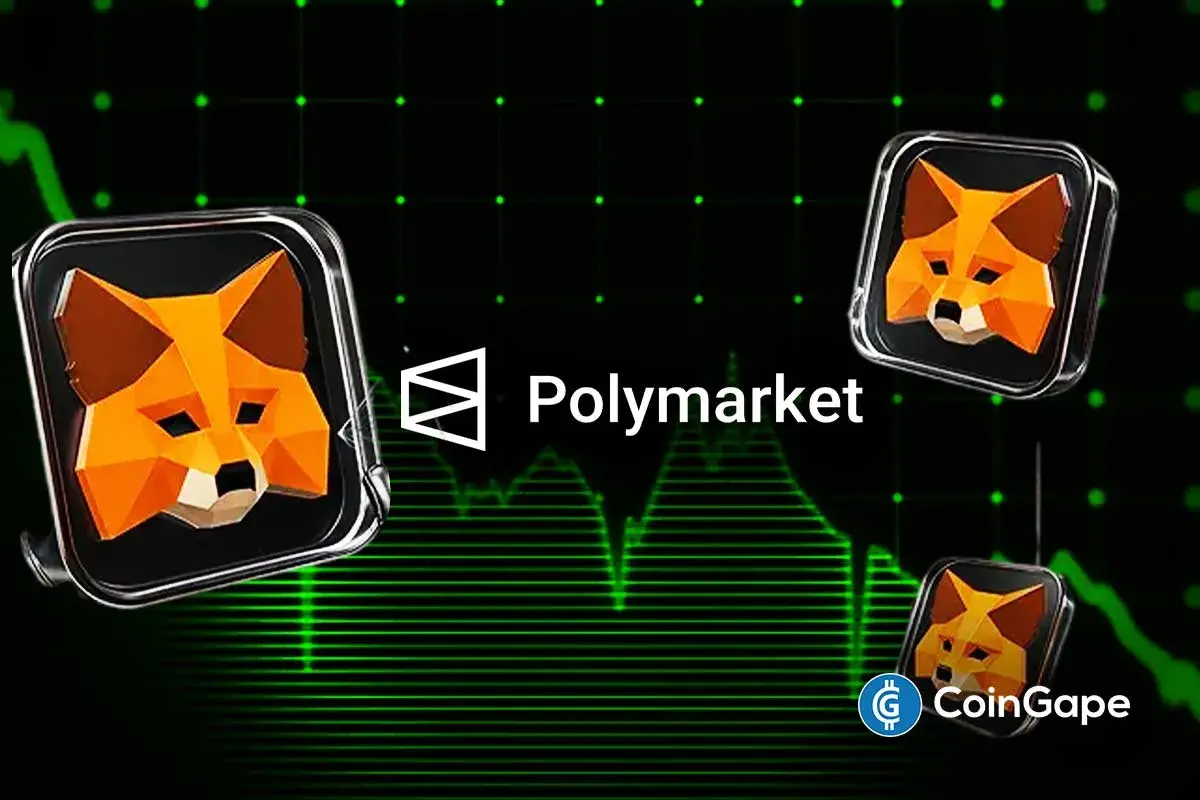Breaking: SEC Sues ConsenSys For Conducting Securities Via MetaMask

Highlights
- SEC alleges ConsenSys operated as unregistered broker through MetaMask Swaps since 2020.
- Complaint targets MetaMask Staking service for unregistered securities offerings since 2023.
- ConsenSys reportedly collected over $250 million in fees from these activities.
In a surprising turn of events, the U.S. Securities and Exchange Commission (SEC) has filed a lawsuit against ConsenSys Software Inc., the company behind the popular MetaMask platform. This legal action comes shortly after ConsenSys founder Joseph Lubin had expressed optimism about improving relations between the crypto industry and regulators.
The SEC’s recent closure of its investigation into Ethereum, which many viewed as a positive sign prompted Lubin’s hopeful outlook. However, this new lawsuit against ConsenSys suggests that regulatory challenges in the crypto space are far from over.
Allegations and Details of the Lawsuit
The U.S. Securities and Exchange Commission (SEC) has filed a lawsuit against ConsenSys Software Inc., alleging that the company has been operating as an unregistered broker and engaging in the unregistered offer and sale of securities through its MetaMask platform. The SEC’s complaint focuses on two key aspects of ConsenSys’ operations: MetaMask Swaps and MetaMask Staking.
The SEC claims that since October 2020, ConsenSys has acted as an unregistered broker of crypto asset securities through its MetaMask Swaps service, which allows users to exchange various cryptocurrencies and tokens. Additionally, the complaint alleges that since January 2023, ConsenSys has been offering unregistered securities in the form of crypto asset staking programs through its MetaMask Staking service.
The regulatory body argues that by operating these services without proper registration, ConsenSys has deprived investors of crucial protections afforded by federal securities laws. The SEC claims that ConsenSys has collected over $250 million in fees through its unregistered broker activities. This lawsuit is part of the SEC’s ongoing efforts to regulate the cryptocurrency industry and enforce securities laws in the rapidly evolving digital asset space.
Also Read: US SEC Takes Major Blow In Chevron Howey Test Case, Implication For Crypto
SEC’s Broader Crackdown on the Crypto Industry
The SEC has been cracking down hard on crypto exchanges, using the Chevron deference rule and Howey Test to justify their actions. Big names like Coinbase, Binance, and Kraken have all been accused of selling unregistered securities. Ripple’s ongoing legal battle with the SEC over XRP’s status is another high-profile example of this regulatory pressure.
Now, with the ConsenSys lawsuit, we’re seeing the SEC continue this aggressive approach. Just like with other exchanges, they’re accusing ConsenSys of operating without proper registration. This case is yet another sign of the SEC’s determination to bring the crypto world under stricter control.
Also Read: Terra Classic Community Claims Coinbase-Backed Karak Stole 200M USTC
- OpenAI Introduces Smart Contract Benchmark for AI Agents as AI and Crypto Converge
- Goldman Sachs CEO Discloses Bitcoin Stake, Backs Regulatory Push Amid Industry Standoff
- FOMC Minutes Signal Fed Largely Divided Over Rate Cuts, Bitcoin Falls
- BitMine Adds 20,000 ETH As Staked Ethereum Surpasses Half Of Total Supply
- Wells Fargo Predicts Bitcoin Rally on $150 Billion ‘YOLO Trade’ Inflow
- BMNR Stock Outlook: BitMine Price Eyes Rebound Amid ARK Invest, BlackRock, Morgan Stanley Buying
- Why Shiba Inu Price Is Not Rising?
- How XRP Price Will React as Franklin Templeton’s XRPZ ETF Gains Momentum
- Will Sui Price Rally Ahead of Grayscale’s $GSUI ETF Launch Tomorrow?
- Why Pi Network Price Could Skyrocket to $0.20 This Week
- Pi Network Price Beats Bitcoin, Ethereum, XRP as Upgrades and Potential CEX Listing Fuels Demand

















